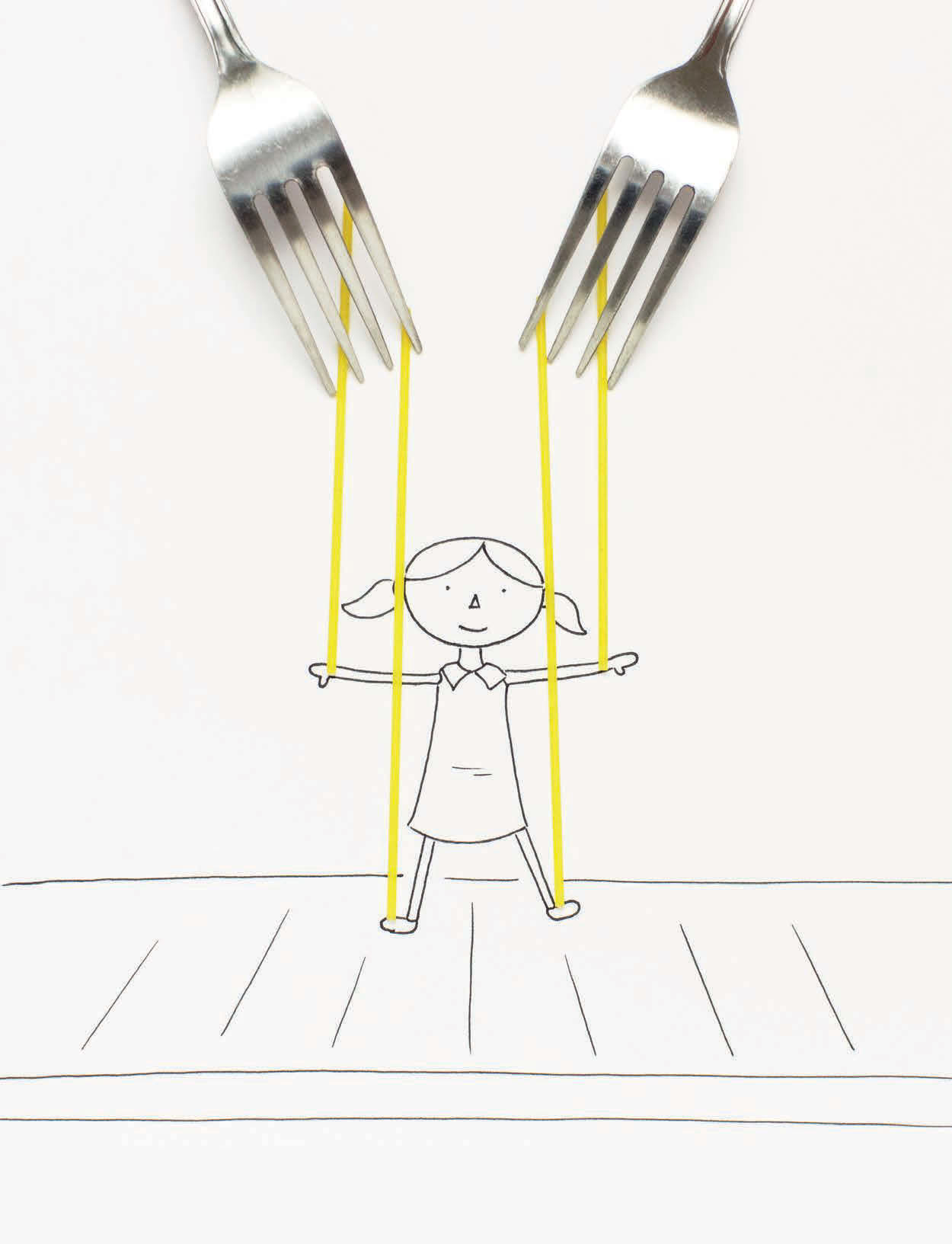A famous old psychology study claimed that men who had just walked over a wobbly suspension bridge were more attracted to a woman they met at the other end than if they’d just walked over a non-wobbly bridge. The theory is that walking over the unstable bridge made them anxious - their hearts thumped, they breathed faster and they mistook these symptoms for signs of sexual arousal. This suggests something odd about emotions: even when they’re happening to us, we have to interpret what they mean, and sometimes we get it wrong. If, like me, you never cry during films except on aircraft, it might be for similar reasons: flying induces anxiety and its physical symptoms, which you take as evidence that the film must be deeply moving.

Psychologists call this ‘mood misattribution’, and it affects us in subtle ways - especially in winter, when a gloomy emotional response to murky weather can be misinterpreted as proof that life is miserable too. A study found that people leave more negative online restaurant reviews when it’s raining, but we’re just as likely to find false explanations for our gloom in ourselves, not in our meal. You feel bad, so you look for what might be causing those feelings - and you conclude it’s your relationship, job or ingrained character flaws you’ll never change. Unsurprisingly, this makes a bad mood worse, since tackling such problems is a daunting task.